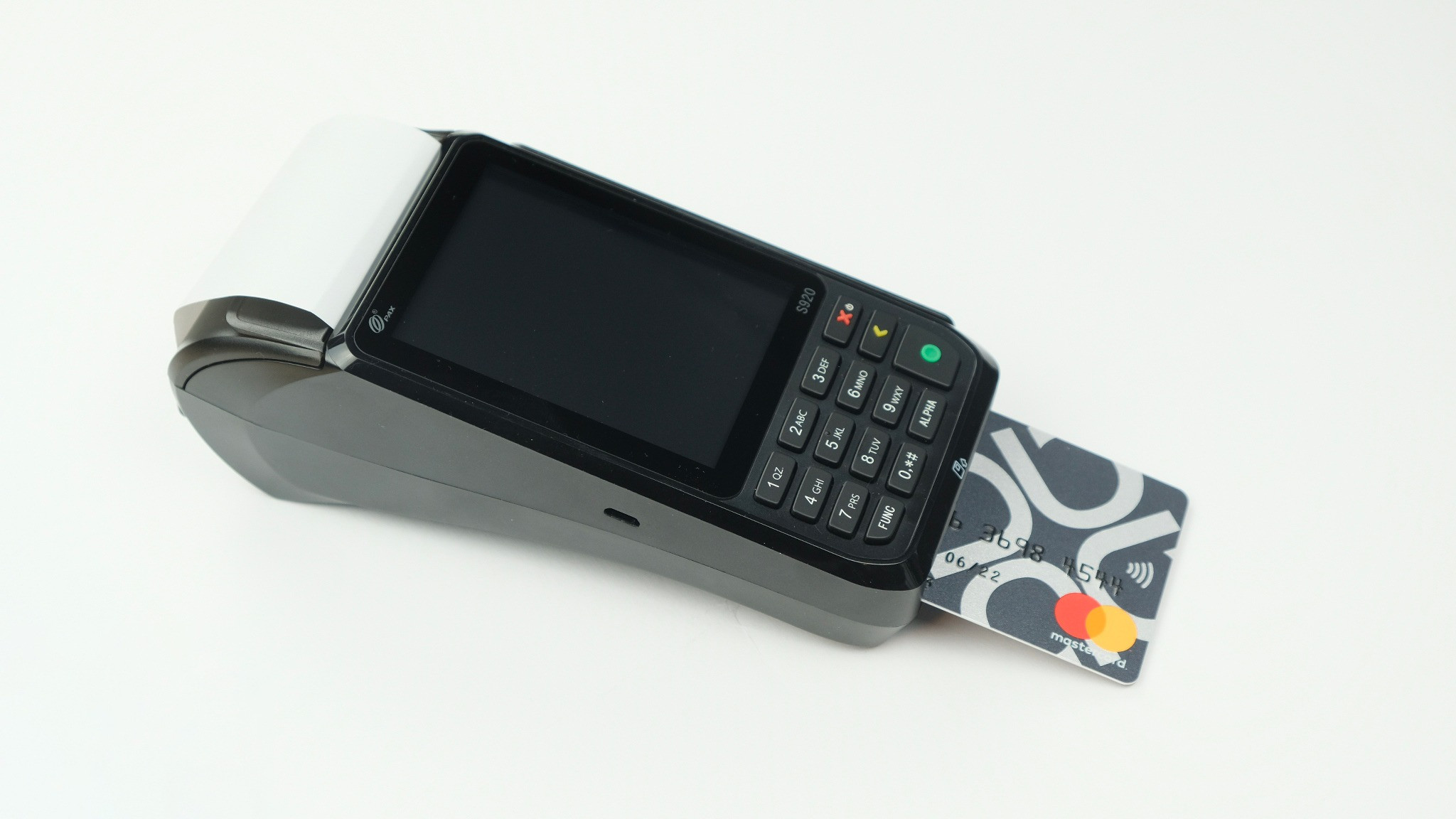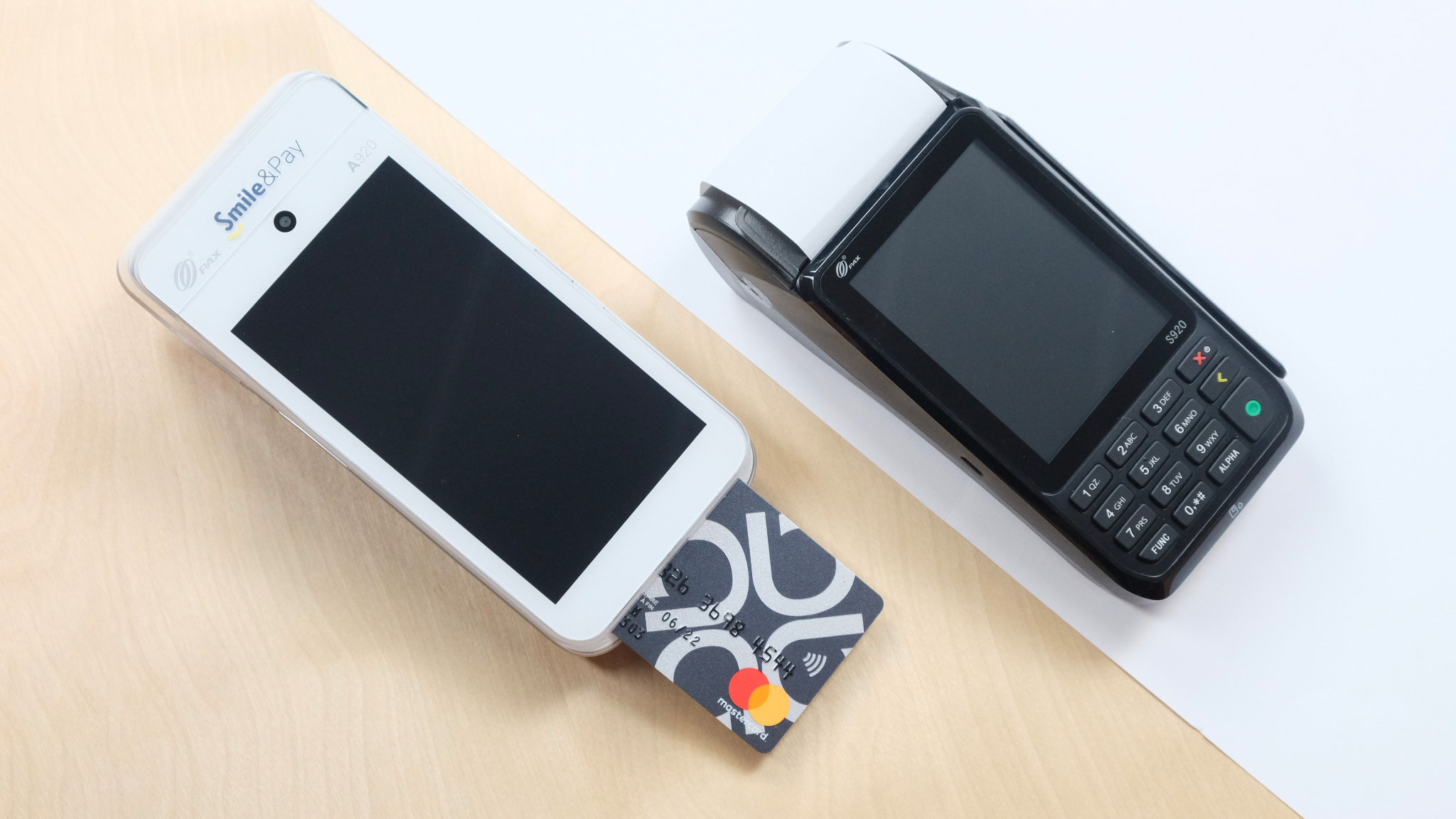Même lorsqu’ils essaient de répondre à toutes les obligations légales, les chefs d’entreprises redoutent les contrôles de l’URSSAF par crainte d’être passés à côté de quelque chose et de faire l’objet un redressement. Lors de ces contrôles, une attention toute particulièrere est portée aux notes de frais, surtout lorsque l’entreprise compte de nombreux salariés et enregistre des frais professionnels fréquents. Nécessitant de répondre à plusieurs règles, les frais professionnels sont la cause de 36 % des redressements de l’URSSAF.

Voici ce qu’il faut savoir pour éviter d’être sanctionné.
Pourquoi les frais sont-ils surveillés de près ?
Lorsque les dépenses sont réalisées pour les besoins de l’entreprise, elles sont considérées comme des frais professionnels. Dans ce cadre, elles sont déductibles du chiffre d’affaires et exonérées de charges sociales.
D’autre part, pour certains types de dépenses, le montant de la TVA est déductible pour l'entreprise.
Du côté du salarié, le remboursement des frais professionnels n'est pas intégré dans l’assiette du calcul de l’impôt sur le revenu.
Ainsi, certaines entreprises sont tentées de gonfler le montant des frais professionnels pour réduire leur bénéfice ou collecter de la TVA. Elles peuvent également s’en servir pour donner une rémunération supplémentaire au salarié, sans qu’elle ne soit soumise aux cotisations sociales ni à l’impôt sur le revenu. Cette tendance justifie l’attention particulière apportée par les contrôleurs à cette partie des charges de l’entreprise.
Conditions pour être remboursé des frais professionnels
Frais de déplacement
Si un employé loue une voiture pour un déplacement professionnel, il peut se faire rembourser l’intégralité des frais engagés, c’est-à-dire la location, mais aussi le carburant et le péage. Pour cela, il doit conserver toutes les factures correspondantes.
S’il utilise son véhicule personnel pour se rendre à des rendez-vous, il peut être remboursé par des indemnités kilométriques. Celles-ci doivent correspondre au barème défini par l’administration fiscale. Pour en bénéficier, le salarié doit indiquer sur sa note de frais le motif du déplacement, la date et le lieu de la mission ainsi que le nombre de kilomètres parcourus pour raison professionnelle.
Attention : sachez que les kilomètres parcourus entre le domicile et l’entreprise ne doivent pas être pris en compte par le salarié. En effet, ces frais sont déjà couverts par l’abattement de 10 % appliqué dans le cadre de la déclaration de revenus.
Frais de repas et d’hébergement
Au cours d’un déplacement professionnel, les frais d’hébergement peuvent être remboursés si : + la distance entre le domicile du salarié et le lieu de la mission est supérieure à 50 km + le trajet ne peut être parcouru en moins d’une heure et demie en transports en commun
Quant aux frais engagés pour les repas d’affaires, ils peuvent être pris en charge si le salarié précise sur sa note de frais le motif du repas, ainsi que le nom, le poste et le contact de chacune des personnes invitées par l’entreprise.
Ce qu’il ne faut pas oublier pour le remboursement des frais de repas et d’hébergement : + le remboursement de plus de 5 repas d’affaires par mois pour un seul et même collaborateur peut être requalifié en avantages en nature. Pour éviter cela, il est nécessaire de pouvoir prouver le bien-fondé de ces repas pour l’entreprise. + le montant des déjeuners passés en notes de frais devra être déduit du solde des titres-restaurant du salarié, s’il en bénéficie + la TVA sur les frais d’hôtel n’est pas déductible
Frais de télétravail
Dans le cas où le télétravail est proposé par l’employeur, la loi impose la prise en charge d’une partie des sommes engagées par l'employé. Cela peut être un pourcentage du loyer ou une partie du forfait internet et mobile. L’employeur ne peut toutefois prendre en charge plus de 50 % du montant de la facture.
Indemniser les frais avancés
Le remboursement de frais professionnel peut s’effectuer sous 2 formes différentes : + l’indemnisation forfaitaire : elle concerne les frais de déplacement, de restauration et d’hébergement et doit correspondre au barème actualisé annuellement par l’URSSAF. Chaque catégorie de dépense possède son barème spécifique. Si le remboursement dépasse les plafonds fixés par l’URSSAF, les sommes supplémentaires sont soumises aux cotisations sociales. Dans le cadre d’une indemnisation forfaitaire, le salarié n’a pas à présenter de justificatifs sur la nature de ses frais. Il doit en revanche mentionner le motif de la dépense. + l’indemnisation au réel : les sommes avancées par le salarié sont intégralement remboursées sur présentation obligatoire de justificatifs recevables.
Comment éviter le redressement URSSAF ?
Être en possession des bons justificatifs
L’absence ou l’irrecevabilité d’un justificatif est le premier motif de redressement fiscal pour les entreprises. Pour une indemnisation au réel, une note de frais qui n’est pas accompagnée du justificatif ne peut simplement pas donner lieu à un remboursement. Dans le cas contraire, la dépense risque d’être requalifiée en avantage en nature et soumise à un redressement.
D’autre part, seule une facture de l’établissement mentionnant sa raison sociale, son adresse ainsi que la date de la dépense constitue un justificatif valable. Les tickets de carte bleue, les reçus, et les factures ne comportant pas toutes les informations obligatoires ne peuvent donc permettre d’obtenir un remboursement.
Respecter les plafonds d’exonération de charges sociales
Dans le cadre des remboursements au forfait, l’URSSAF a fixé des plafonds pour chaque type de dépenses. Vous êtes libre de les dépasser, mais vous devez alors vous acquitter des cotisations sociales correspondantes. Dans le cas contraire, vous risquez encore une fois le redressement fiscal pour non-paiement des cotisations sociales.
Choisir le bon mode d’indemnisation
Certaines dépenses doivent obligatoirement être remboursées au forfait et d’autres au réel. Par exemple, vous ne pouvez décider de passer au forfait une dépense pour laquelle il manque un justificatif ou de rembourser au réel des frais kilométriques.
Veiller à la cohérence des montants pris en charge
Si les montants des notes de frais semblent disproportionnés, l’administration fiscale peut choisir de requalifier les dépenses en avantage en nature. Dans ce cas, elles seront assujetties aux cotisations sociales pour l’entreprise et le salarié devra l’intégrer dans sa déclaration des revenus.
En mettant en place un système de gestion des notes de frais simple et efficace, vous permettez à vos salariés de gagner du temps, tout en répondant aux obligations légales. Une solution telle que l’application proposée par la néobanque Anytime avec son compte pro peut vous permettre de répondre plus facilement aux requêtes de l’administration fiscale, et ainsi d’échapper au redressement.








